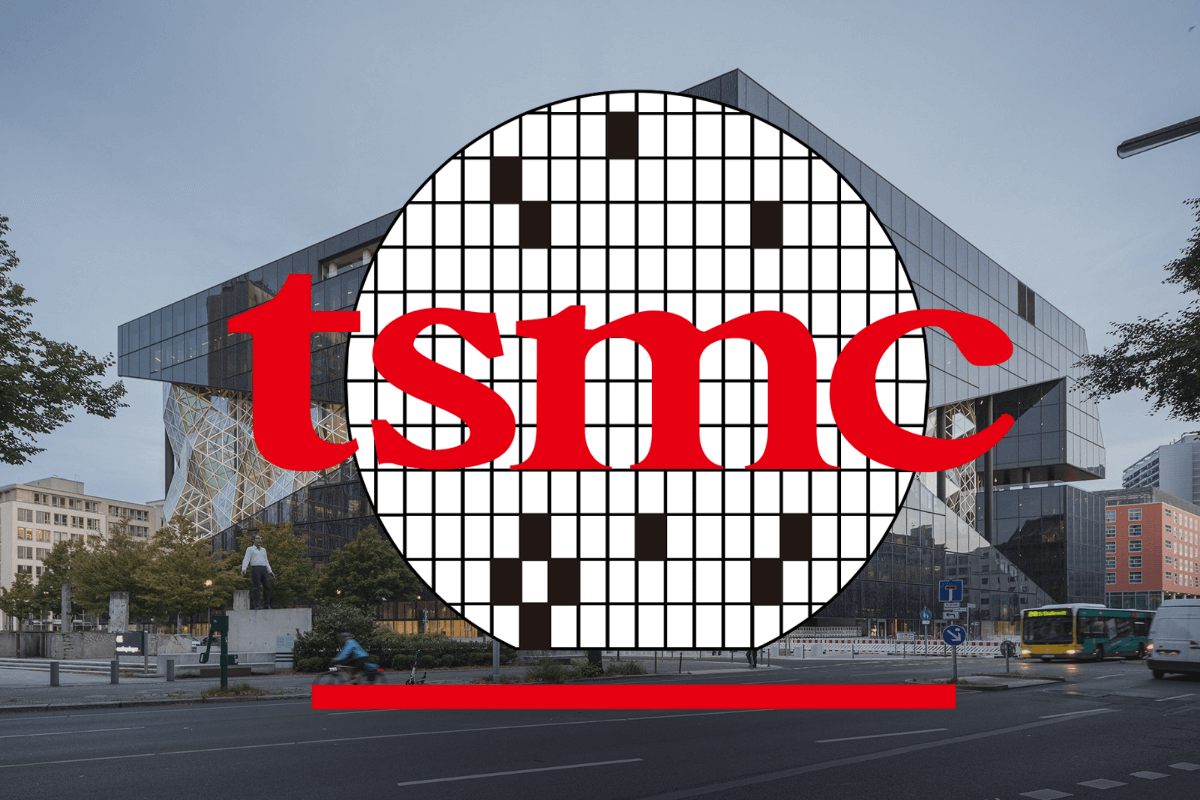Taiwan Quake Shakes Up TSMC’s Chip Factory Flow: What It Means for the Tech World
TSMC Takes a Hit: When the Ground Plays Dirty
Mother Nature wasn’t playing nice in Taiwan recently, and TSMC, the heavyweight champ of chipmaking, felt the burn. A gnarly earthquake rattled the island, leaving some of TSMC’s older production lines—aka the factories pumping out “mature chips”—scrambling to recover.
Now, don’t freak out just yet. The ultra-fancy, cutting-edge chips for your latest gadgets are still rolling out smooth. But those so-called “mature nodes”? Yeah, they’re kinda limping right now, and that could spell some headaches for industries around the globe.
What Got Dinged?
Here’s the lowdown: TSMC’s newer fabs—the high-tech spots making 3nm and 5nm chips for iPhones, AI rigs, and GPUs—came out basically untouched. But the older fabs, which handle the not-so-glamorous chips that keep your car running and your fridge cooling, didn’t come out so lucky.
These older chips are like the unsung heroes of tech—low-key, but without them, the whole system can’t function. And this quake just put them on the injury list.
Why Should You Care?
Alright, let’s keep it real. If you’re thinking, “So what? My PS5 still works,” you’re missing the bigger picture. Those mature chips are in everything. We’re talking cars, microwaves, washing machines, factory robots—basically all the stuff that makes life convenient.
When production of these chips slows, supply chains start acting up. Suddenly, your new car is back-ordered for six months, and that repair part for your dishwasher? Yeah, good luck with that.
How TSMC’s Handling the Shake-Up
TSMC, as usual, is keeping their cool. They put out a statement saying the quake caused “minimal disruption” overall. But don’t let the PR talk fool you—damage to those older production lines isn’t something to shrug off.
The company’s engineers are already working overtime to get things back on track. Still, when you’re dealing with highly sensitive semiconductor equipment, fixing stuff isn’t as simple as calling in a repairman.
Global Tech Is Feeling the Ripples
When TSMC sneezes, the tech world catches a cold. With Taiwan handling a massive chunk of global chip production, even small interruptions can snowball into big problems. And let’s not forget, these “mature chips” might not be flashy, but they’re in some high-demand gear—like automotive sensors, industrial machines, and even medical devices.
Industries that rely on these chips are probably sweating bullets right now, bracing for delays and possible price hikes. It’s not an apocalypse, but it’s definitely a speed bump for anyone depending on TSMC’s steady flow of silicon.
A Reminder of Taiwan’s Tech Powerhouse Status
This whole situation is another reality check about Taiwan’s role in the global tech scene. TSMC isn’t just some chipmaker; they’re the backbone of modern technology. And when natural disasters hit their operations, it’s like pulling the plug on a global machine.
This earthquake might’ve been a wake-up call for other countries. Diversifying chip production is looking more urgent than ever. But for now, Taiwan—and TSMC specifically—remains the center of the tech universe.
What Happens Next?
TSMC’s top priority is patching up the damage and keeping the chips flowing. They’ve got the resources and expertise to bounce back, but the timing couldn’t be worse. Global supply chains are already stretched thin, and this is the last thing anyone needed.
For everyday folks? Don’t expect your gadgets to disappear, but maybe keep an eye on prices. If those mature chips take longer to produce, costs could creep up for everything from cars to appliances.
Final Take
This earthquake is proof that no matter how advanced we get, the tech world is still at the mercy of natural disasters. TSMC might be a beast in the chip game, but even they aren’t invincible.
The good news? TSMC’s newer fabs are untouched, so your next-gen gadgets are safe. The bad news? Those humble, everyday chips might take a little longer to make it to market.


0 Comment